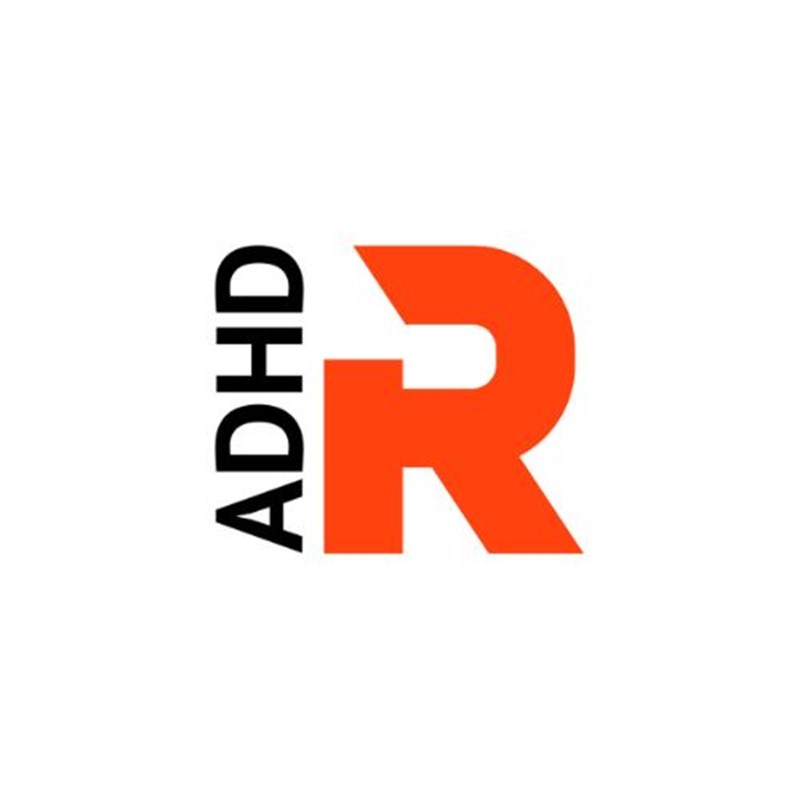Written by Matthew Menzies ADHD coach, chartered engineer, and founder of ADHD Remapped (December 2024).
Are employees with ADHD less productive? The short answer is no. But without understanding their unique needs, productivity challenges can arise. Here are five actionable strategies to help your ADHD team members thrive and unlock their potential.
Recognise and Address Overwhelm
Imagine this scenario: an employee is tasked with completing a straightforward spreadsheet. Yet they find it nearly impossible to begin, let alone finish. Frustration and self-doubt creep in, leading to a decline in both confidence and performance.
This experience is all too common for people with ADHD. But with the right environment and strategies, you can empower your team to turn overwhelm into achievement.
Five Steps to Recharge Your Team’s Working Day
-
Set Reasonable EXPECTATIONS
Encourage your ADHD team members to leave perfectionism behind. It often leads to setting unattainably high standards, causing stress and procrastination.
Instead, help them define “done” by setting clear, achievable goals for tasks. You can support this by providing written instructions or breaking down complex projects into smaller, actionable steps.
-
Create the Right ENVIRONMENT
Clutter and distraction can significantly impact focus. Offer guidance to create a workspace that works for them:
- Digital decluttering: Help employees manage their virtual workspace by encouraging the organisation of files, emails, and digital tools. Provide guidance or training on productivity apps that can assist with task management and focus, such as Trello or Notion.
- Noise management: Consider providing noise-cancelling headphones or access to quiet rooms.
- Flexible spaces: Some employees may work better in alternative environments like a coffee shop, coworking space, or even while walking. Give them the freedom to experiment.
-
Encourage Starting with What They ENJOY
Getting started is often the hardest part for people with ADHD. Suggest beginning with tasks they find enjoyable or easier, such as brainstorming or planning.
If they are conceptual thinkers, suggest using a mind map. For verbal processors, consider facilitating time with a colleague to talk through ideas. These approaches can build momentum and reduce the barrier to entry.
-
Help Them Manage Their TIME
ADHD can distort time perception, making deadlines challenging. Offer tools and techniques to support time management:
- Use a visual timer to make progress tangible.
- Recommend time-blocking methods, such as 25 minutes of focused work followed by a 5-minute break (the Pomodoro technique).
- Encourage using breaks to recharge: a brief walk, breathing exercises, or stepping outside can help reset focus.
-
Break Tasks Down into CHUNKS
Large projects can feel overwhelming. Work with your staff to break these into smaller, manageable pieces. Align these chunks with the goals and outcomes around expectations.
Provide guidance or even pair them with a colleague to outline the steps needed. Some individuals may also benefit from external support, such as an ADHD coach, to navigate larger tasks effectively.
And finally...
ADHD is not something that needs to be fixed, but we do need our environment to allow us to maximise our potential. People with ADHD often carry an incredible work ethic and resilience, even if they sometimes struggle with productivity. Acknowledging this can go a long way in building confidence and motivation.
By creating a supportive environment and implementing these strategies, you can empower your ADHD employees to perform at their best.
If you’d like to learn more about supporting your neurodivergent staff, get in touch at www.adhdremapped.com or email me directly at matthew@adhdremapped.com.
